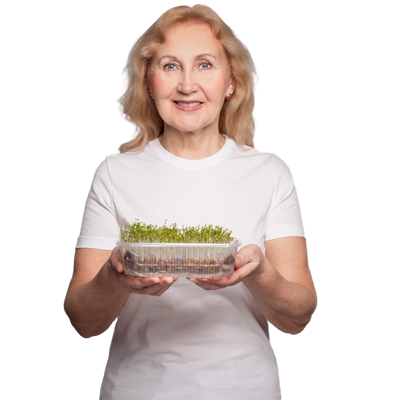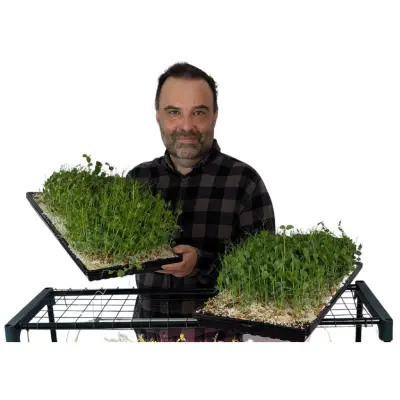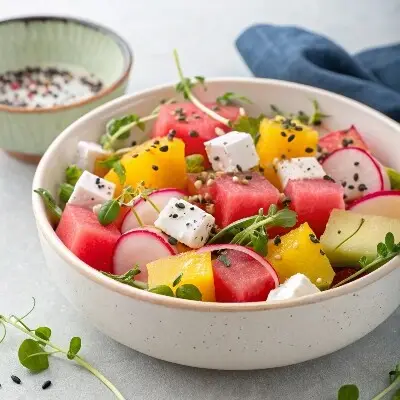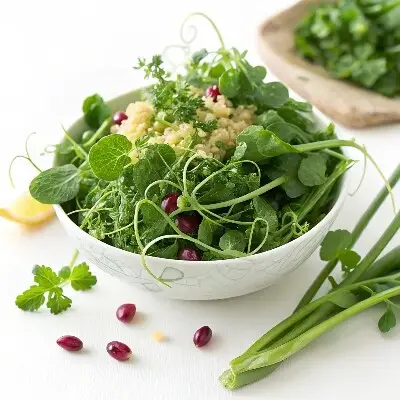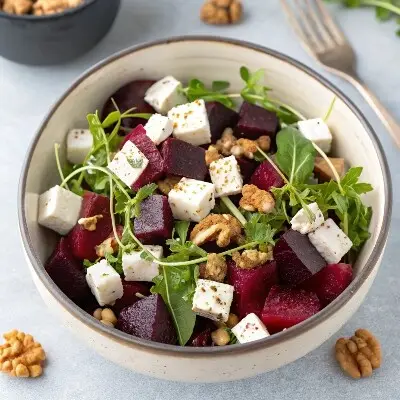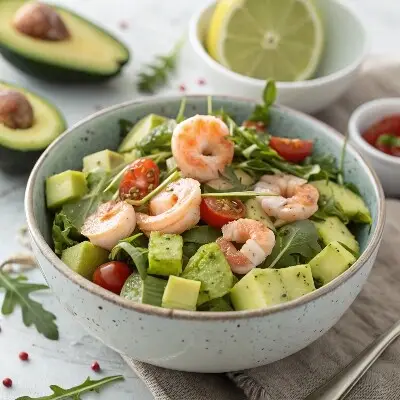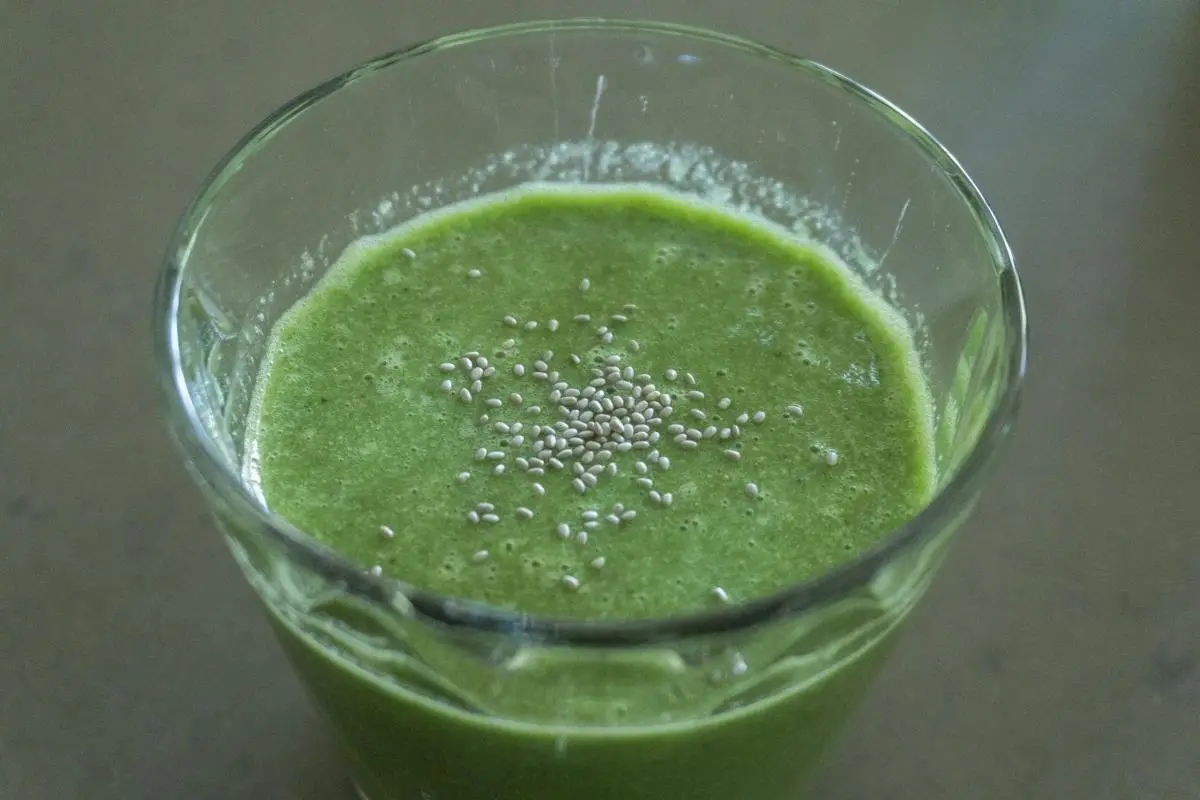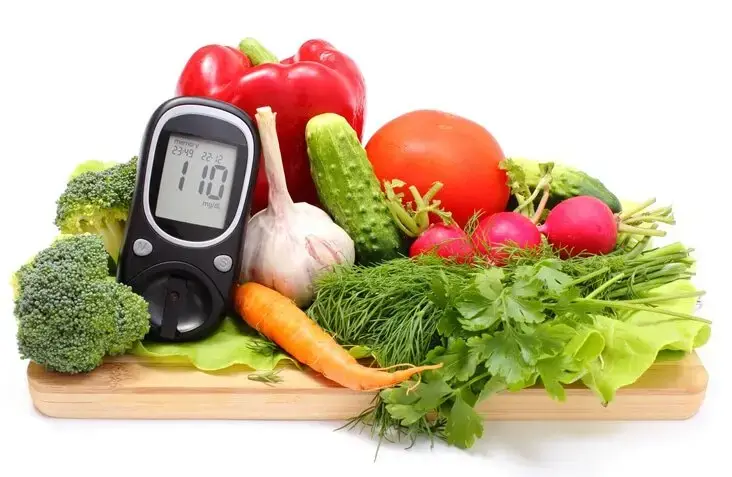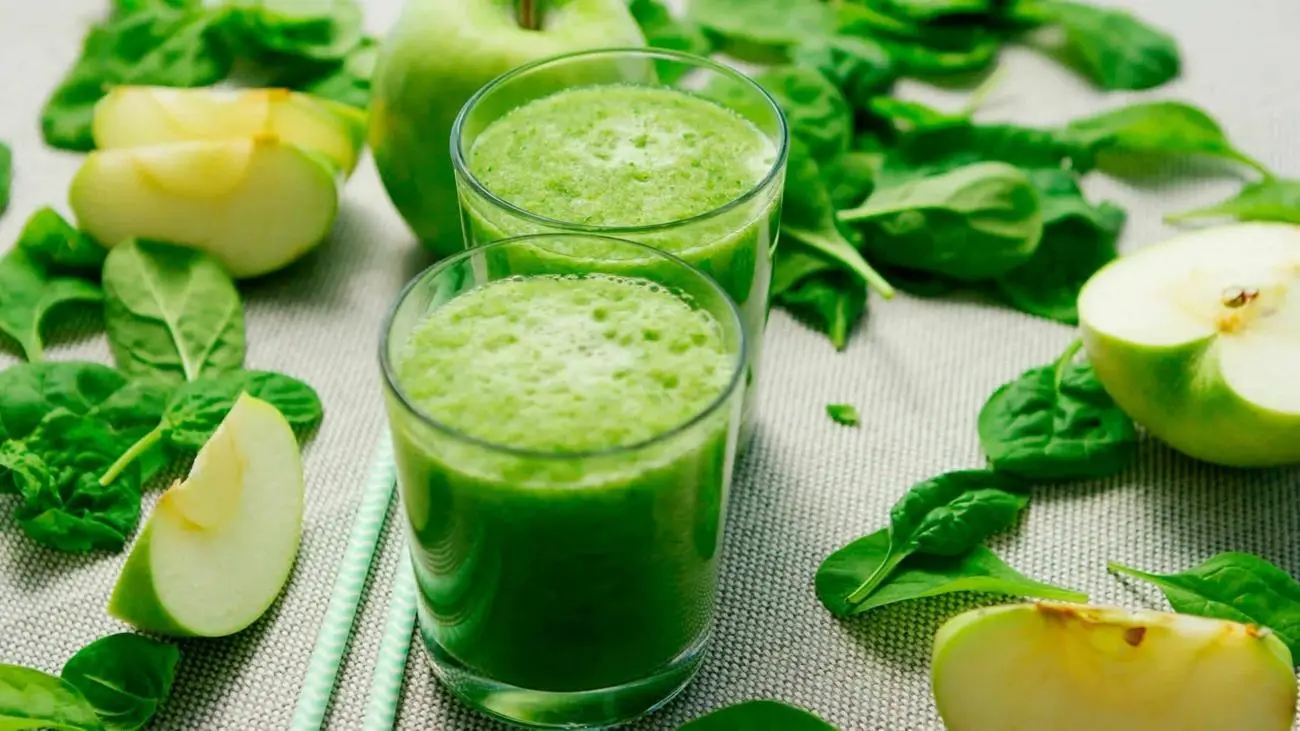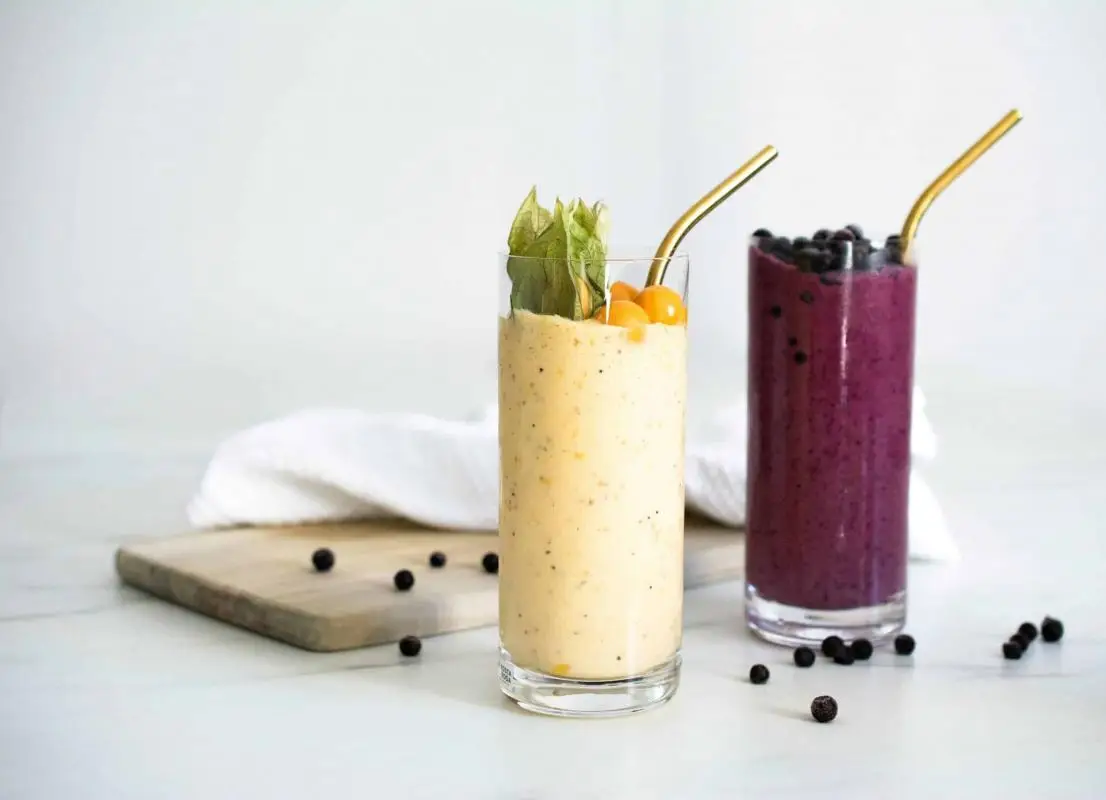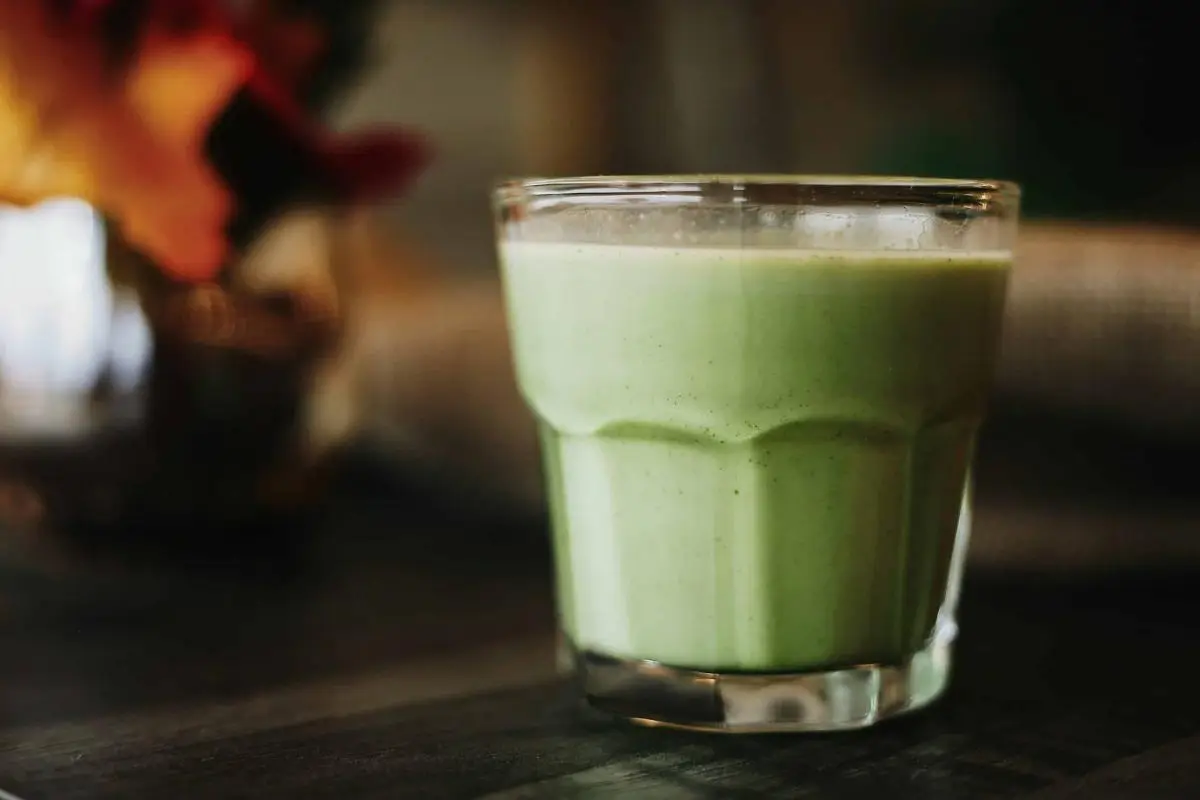How to fight cancer naturally
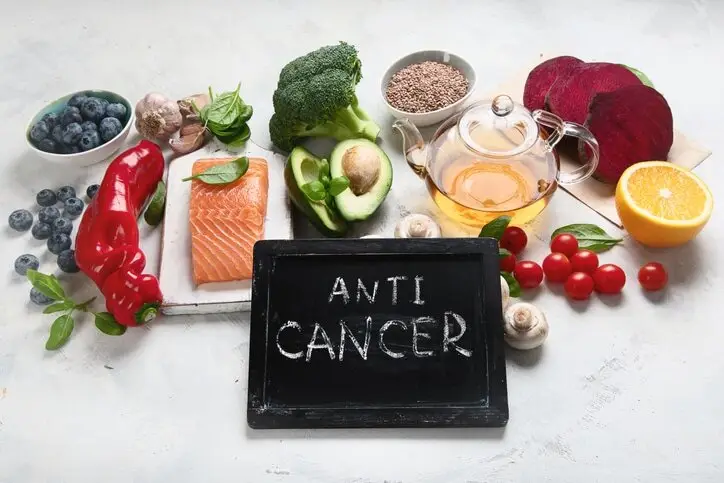
Cancer is one of the leading causes of death worldwide. It is a chronic disease of multifactorial origin. Lifestyle is significant, and diet is considered one of the factors influencing its development.
A nutrient-poor diet, environmental toxins, and, in part, genetic predisposition contribute to an increased risk of developing cancer. However, a toxin-free lifestyle, physical exercise, and a diet rich in anticarcinogens and nutrient-dense is a good preventive strategy.
Cancer is an alteration in the growth of cells, which multiply uncontrollably. This is due to an alteration in the DNA of the cells.
To prevent these malignant processes, it is essential to consume the following foods:
Green leafy vegetables: Green leafy vegetables should be an essential component in any dietary regimen that promotes health, as they are an excellent source of vitamins, minerals, antioxidants, and enzymes. In addition, they are low-calorie, low-fat foods that contain reduced sodium levels and harmful toxins. Leafy greens such as spinach, kale, romaine lettuce, arugula, and watercress, among others, stand out for their richness in antioxidants that protect against cancer through compounds such as vitamin C and beta-carotene, considered as a form of vitamin A.
These foods have multiple benefits, thanks to their ability to provide glycosylates, which have antibacterial and antiviral properties that inactivate carcinogens while preventing tumor formation and metastasis. These chemical compounds have also been shown to break down during digestion into biologically active substances, such as indoles, thiocyanates, and isothiocyanates, which prevent the growth of cancer cells and help reprogram cells to die.
Bayas: Berries are a delicious source of antioxidants and essential nutrients that have been shown to be effective in preventing and treating cancer. Scientific studies suggest that berries contain high levels of compounds that have anti-cancer properties and may inhibit the growth of cancer cells.
One research has shown that berries can help prevent cancer. In the study, berries were found to confer specific cellular and molecular protection in addition to the general epidemiologically observed benefits of plant food consumption. Among the benefits are attenuation of inflammation, inhibition of angiogenesis, protection against DNA damage, and effects on apoptosis or malignant cell proliferation rates. They also impact premalignant cells, causing regression of premalignant lesions in both animals and humans.
In addition, berries contain a large amount of vitamin C, which can help stimulate the immune system, strengthening it in the fight against cancer. A study published in the journal Cancer Epidemiology, Biomarkers & Prevention found that men who consumed high levels of vitamin C in their diet had a lower risk of developing prostate cancer.
Berries are also rich in polyphenols, compounds that have been shown to have anti-cancer properties. Polyphenols in blackberries and blueberries can significantly reduce the growth of cancer cells in the colon.
Cruciferae microgreens: Cruciferae, those Brassica family vegetables, are rich in antioxidant and anticarcinogenic compounds. For example, glutathione is a compound with high antioxidant capacity that can be found in cruciferous microgreens. In addition, broccoli microgreens contain high levels of sulforaphane, an antioxidant and anti-inflammatory compound that has been shown to have anti-cancer properties. Sulforaphane induces programmed cell death in cancer cells and can also inhibit angiogenesis (the formation of new blood vessels), a characteristic of tumor growth.
In addition, broccoli microgreens contain various vitamins, minerals, and phytochemicals, such as indole carbinol, which have also been shown to have protective effects against cancer. Finally, broccoli microgreen keep an enzyme called myrosinase active, which is necessary to form sulforaphane. According to research, this enzyme is inactivated when cooked broccoli is consumed.
Orange vegetables: These foods contain phytochemicals and antioxidants, especially carotenoids. Carotenoids include alpha-carotene, beta-carotene, lycopene, lutein, and cryptoxanthin. Beta-carotene, in particular, is vital for strengthening the immune system, detoxifying the body, improving liver health, and fighting skin, eye, and organ cancers.
In addition, lutein and zeaxanthin, which provide dark hues to these foods, are beneficial for eye and skin health. They act as antioxidants that filter out harmful high-energy wavelengths, protecting healthy cells.
Regarding carbohydrate-rich vegetables, research indicates that complex carbohydrates in whole foods such as sweet potatoes, carrots, and beets reduce the risk of certain types of cancers, especially in the upper digestive tract. The fiber in these foods may be an essential factor in their protective role. In contrast, consuming refined cereals and high glycemic load foods may increase cancer risk, including breast and colorectal cancer.
On the other hand, capsaicin, present in colored hot peppers, is an essential cancer-fighting compound. Research suggests that it can shrink tumors, prevent their spread, generate apoptosis and even avoid the appearance of cancer in the body.
Turmeric: Turmeric is a popular and widely used spice in Indian cuisine that has been shown to have significant benefits for preventing and treating cancer. Turmeric contains an active compound called curcumin, which has antioxidant and anti-inflammatory properties that have been shown to be effective in the fight against cancer.
Curcumin can inhibit the growth and spread of cancer cells. A study published in the journal Cancer Letters showed that curcumin could reduce the development of breast cancer cells by 98%.
In addition, turmeric can help prevent cell damage and protect DNA against the damaging effects of free radicals.
Turmeric may also be helpful as an adjunct in the treatment of cancer. A study in the journal Molecular Cancer Therapeutics found that curcumin could improve the effectiveness of chemotherapy and radiation therapy by increasing the sensitivity of cancer cells to these treatments.
Meat and offal from pasture-raised animals: Organic meat and offal are an excellent source of essential nutrients that are beneficial in preventing and treating cancer. These foods are rich in micronutrients such as B vitamins and minerals such as selenium, which help in the fight against cancer. In addition, the high protein levels in organic meat and offal can help repair and form new body tissues. The inclusion of this type of food in a balanced diet also helps in the elimination of toxins and the absorption of nutrients such as iron and zinc. Overall, consuming organic meat and offal can provide multiple health benefits that are important for preventing and treating cancer in the body.
Fermented dairy: Fermented dairy, such as yogurt and kefir, are probiotic foods that contain beneficial bacteria for gut health. These foods may play an essential role in cancer prevention because they regulate the body’s immune response and establish a healthy, balanced gut environment.
Regular consumption of fermented dairy may help prevent cancer by reducing inflammation in the body, a significant cause of disease development. In addition, the lactobacilli present in fermented dairy have been shown to have anti-tumor effects, meaning they can help inhibit the growth of cancer cells.
Another benefit of fermented dairy in cancer prevention is that it can help control the activity of genes related to cell proliferation and programmed cell death, reducing the risk of DNA mutations that can cause cancer.
Nuts and seeds: Nuts and seeds are nutrient-rich foods and excellent sources of plant proteins and healthy fats. In addition, numerous studies have shown that including nuts and seeds in the diet can help prevent cancer and reduce the risk of developing the disease.
Nuts and seeds contain a large amount of antioxidants that help protect the body from cell damage and premature aging, conditions that can be factors in cancer development. In addition, phytochemicals present in nuts and seeds have been shown to have anti-cancer properties, meaning they can help prevent the appearance and spread of cancer cells in the body.
Another critical benefit of nuts and seeds is that they contain high levels of essential fatty acids, such as omega-3, which can reduce inflammation in the body. Chronic inflammation can be a risk factor for cancer development, which makes consuming nuts and seeds beneficial in preventing the development of cancer-related diseases.
In addition, flaxseed, chia, and sesame seeds are rich in lignans, which are estrogen-like compounds that can help regulate hormone levels in the body and reduce the risk of breast and prostate cancer.
Mushrooms: Mushrooms are an excellent source of nutrients and contain compounds to help prevent cancer. The cancer prevention benefits of mushrooms are mainly due to their content of antioxidants, fiber, and bioactive compounds such as polysaccharides and beta-glucans.
Beta-glucans are polysaccharide compounds found in many types of mushrooms and have been shown to have potent anti-inflammatory activity. Chronic inflammation is a risk factor for cancer, so consuming mushrooms may reduce this risk.
Mushrooms also contain bioactive compounds, such as ergothioneine, which help protect the body from cell damage and oxidation. These compounds may help reduce the risk of cancer and other diseases related to oxidative stress.
In addition, mushrooms are rich in selenium, an essential mineral that has been shown to have potent antioxidant activity and may prevent cancer. Studies have shown that selenium may help reduce the risk of colon, prostate, lung, and other cancers.
Another advantage of mushrooms in cancer prevention is that they are a source of dietary fiber, which can help regulate blood sugar levels and reduce inflammation in the body. Fiber also helps keep the digestive system healthy, which can reduce the risk of colon cancer.
The reishi mushroom has been successfully used to help fight breast, ovarian, prostate, liver and lung cancer in in vitro studies, sometimes in combination with other treatments.
| Food | Anticancer compounds |
| Green leafy vegetables | Glycosylates, beta-carotene, antioxidants, vitamin C |
| Orange vegetables | Lutein and zeaxanthin, capsaicin, fiber |
| Tumeric | Curcumin |
| Meat and offal from pasture-raised animals | Selenium |
| Fermented dairy | Probiotics (lactobacilli) |
| Nuts and seeds | Antioxidants, omega3, lignans |
| Mushrooms | Beta-glucans, antioxidants, fiber, ergothioneine, selenium. |
| Brassica microgreens (broccoli) | Glutathione, sulforaphane. |
As we can see, eating a nutrient-dense and clean diet is one of the keys to fighting cellular imbalances that predispose to cancer.
References
Ros, E. (2010). Health Benefits of Nut Consumption. Nutrients, 2(7), 652-682. https://doi.org/10.3390/nu2070652
Kristo, A. S., Klimis-Zacas, D., & Sikalidis, A. K. (2016). Protective Role of Dietary Berries in Cancer. Antioxidants, 5(4). https://doi.org/10.3390/antiox5040037
Mansouri, K., Rasoulpoor, S., Daneshkhah, A., Abolfathi, S., Salari, N., Mohammadi, M., Rasoulpoor, S., & Shabani, S. (2019). Clinical effects of curcumin in enhancing cancer therapy: A systematic review. BMC Cancer, 20. https://doi.org/10.1186/s12885-020-07256-8
Bolger, G. T., Pucaj, K., Minta, Y. O., & Sordillo, P. (2022). Relationship between the in vitro efficacy, pharmacokinetics and in vivo efficacy of curcumin. Biochemical Pharmacology, 205(115251), 115251. https://doi.org/10.1016/j.bcp.2022.115251
Clark, R., & Lee, S.-H. (2016). Anticancer properties of capsaicin against human cancer. Anticancer Research, 36(3), 837–843. https://pubmed.ncbi.nlm.nih.gov/26976969/
Crook, J. M., Iweala, E., Popoola, A., Jibrin, P., Faruk, M., Sowumi, A., Fatiregun, O., Blaise, N., Oladoyinbo, C., Okoye, I., Salako, A. A., Omonisi, A., Bassey, I. E., Adeniji, K., Asura, N. H., Kaninjing, E., Kukoyi, O., Fathi, P., Enuka, R., … CaPTC Investigators. (2023). Abstract C068: Vitamin C prediction of cancer diagnosis in men of African ancestry in Nigeria, Cameroon, and the United States: An analysis of the CaPTC prostate cancer study. Cancer Epidemiology, Biomarkers & Prevention: A Publication of the American Association for Cancer Research, Cosponsored by the American Society of Preventive Oncology, 32(1_Supplement), C068–C068. https://doi.org/10.1158/1538-7755.disp22-c068
Divisi, D., Di Tommaso, S., Salvemini, S., Garramone, M., & Crisci, R. (2006). Diet and cancer. Acta Bio-Medica : Atenei Parmensis, 77(2), 118–123. https://pubmed.ncbi.nlm.nih.gov/17172193/
Ramachandran, C., Fonseca, H. B., Jhabvala, P., Escalon, E. A., & Melnick, S. J. (2002). Curcumin inhibits telomerase activity through human telomerase reverse transcritpase in MCF-7 breast cancer cell line. Cancer Letters, 184(1), 1–6. https://doi.org/10.1016/s0304-3835(02)00192-1
Sliva, D. (2003). Ganoderma lucidum (Reishi) in cancer treatment. Integrative Cancer Therapies, 2(4), 358–364. https://doi.org/10.1177/1534735403259066
Thompson, L. U., Chen, J. M., Li, T., Strasser-Weippl, K., & Goss, P. E. (2005). Dietary flaxseed alters tumor biological markers in postmenopausal breast cancer. An Official Journal of the American Association for Cancer Research, 11(10), 3828–3835. https://doi.org/10.1158/1078-0432.CCR-04-2326
Wang, C.-Z., Basila, D., Aung, H. H., Mehendale, S. R., Chang, W.-T., McEntee, E., Guan, X., & Yuan, C.-S. (2005). Effects of ganoderma lucidum extract on chemotherapy-induced nausea and vomiting in a rat model. The American Journal of Chinese Medicine, 33(5), 807–815. https://doi.org/10.1142/S0192415X05003429
Fuente, B. de la, López-García, G., Máñez, V., Alegría, A., Barberá, R., & Cilla, A. (2020). Antiproliferative effect of bioaccessible fractions of four Brassicaceae microgreens on human colon cancer cells linked to their phytochemical composition. Antioxidants (Basel, Switzerland), 9(5), 368. https://doi.org/10.3390/antiox9050368
University of Illinois College of Agricultural, Consumer and Environmental Sciences. (2011, January 31). Sprouts? Supplements? Team them up to boost broccoli’s cancer-fighting power. Science Daily. https://www.sciencedaily.com/releases/2011/01/110127110707.html
Disclaimer: The information provided in this article is for educational and informational purposes only and is not intended as medical advice. It is not a substitute for professional medical advice, diagnosis, or treatment. Always seek the advice of a qualified healthcare provider with any questions you may have regarding a medical condition. The author and publisher of this article are not responsible for any adverse effects or consequences resulting from the use of any suggestions, preparations, or procedures described in this article.


